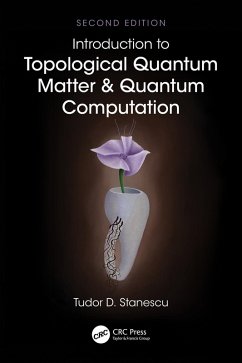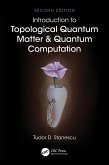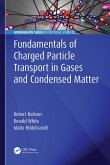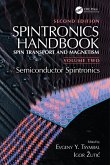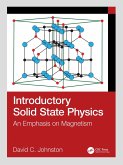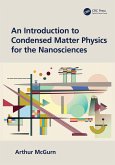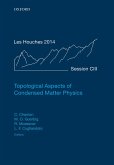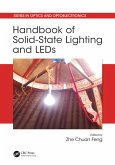Addressing these and other related questions, Introduction to Topological Quantum Matter & Quantum Computation provides an introduction to and a synthesis of a fascinating and rapidly expanding research field emerging at the crossroads of condensed matter physics, mathematics, and computer science.
Dieser Download kann aus rechtlichen Gründen nur mit Rechnungsadresse in A, B, BG, CY, CZ, D, DK, EW, E, FIN, F, GR, HR, H, IRL, I, LT, L, LR, M, NL, PL, P, R, S, SLO, SK ausgeliefert werden.
Hinweis: Dieser Artikel kann nur an eine deutsche Lieferadresse ausgeliefert werden.

